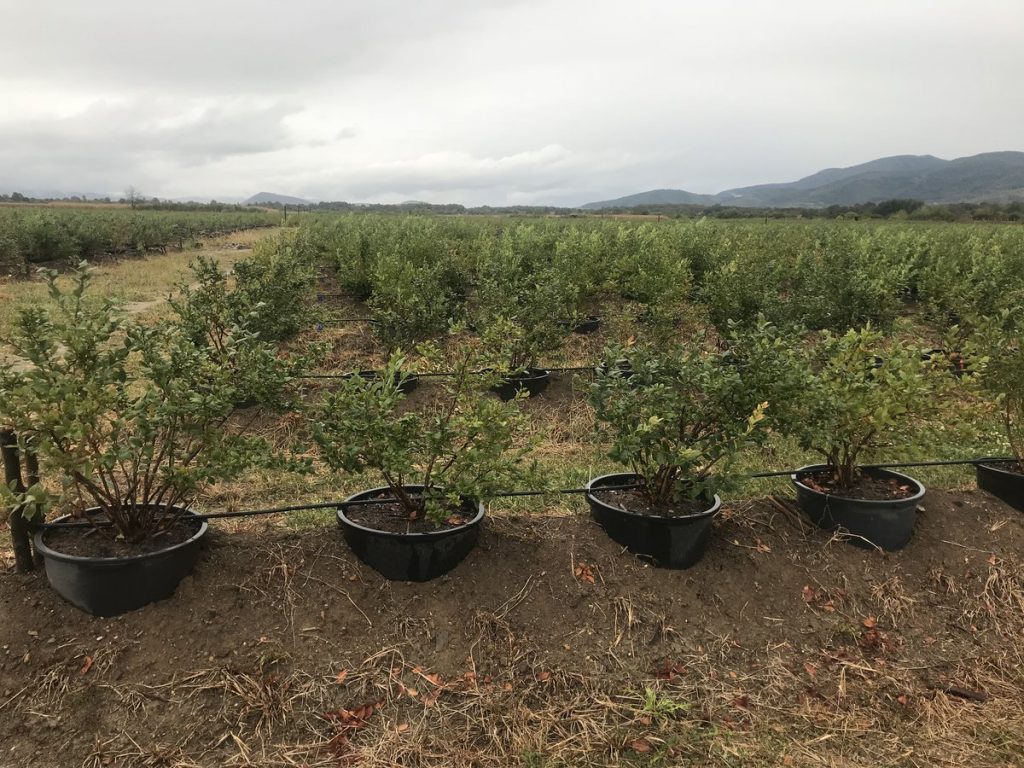Context
In 2018, in Bosnia-Herzegovina, the DS-SLM project led by the WOCAT network got underway, aiming to strengthen the capacity for action and decision-making of countries and regions committed to strengthening their food security, conserving biodiversity and working to adapt to climate change. To this end, the WOCAT (World Overview of Conservation Approaches and Technologies) network supports these territories by sharing and applying knowledge in the field of Sustainable Land Management (SLM), to combat soil degradation and biodiversity loss. Based on the alarming fact that 2.6 billion people worldwide depend directly on agriculture for their livelihoods, but that 52% of the land used for agriculture is moderately or severely affected by soil degradation, and that in developing countries, the area of cultivated land per capita decreased from 0.43 hectares to 0.26 hectares between 1960 and 1990 (WOCAT & UNCCD, 2009), the WOCAT network works to support territories in their decision-making and to support them in adopting Sustainable Land Management (SLM) practices.
With financial support from the Green European Fundation (GEF) and the government of Bosnia-Herzegovina, and in collaboration with the Faculty of Agriculture, Food and Science at the University of Sarajevo and the Faculty of Agriculture at the University of Banja Luka, a series of measures have been put in place to counteract soil depletion and promote more sustainable agriculture. Previous applications of SLM have helped to improve food security, especially for small-scale farmers, provide local sources of water and energy, promote soil formation, limit soil degradation and preserve biodiversity through the use of agroforestry, fallow land and the preservation of local seeds.
The project
A number of projects have been set up throughout Bosnia and Herzegovina to showcase innovative ways of growing crops in areas where the soil has been severely degraded. In the north of the Republic of Srpska, a region that suffered catastrophic flooding in 2014, a series of projects has led to significant improvements in agricultural production and water management:
- The installation of an irrigation system on the fields of the Napredak agricultural company, allowing the irrigation of a total of 80 ha and a yield between 35% and 40% more efficient, in the municipality of Pelagićevo ;
- Development of the Bosnia river bed and construction of defensive dykes;
- Rehabilitation and extension of drainage channels (in Tinja, Tolisa, Kladik, Eginovac, Brvnik, Kosnice and Grebnice);
- Development of natural watercourses.
The southern part of the Republic of Srpska is considered to be a highly vulnerable area, with the Trebinje region and surrounding areas being priority areas in terms of environmental risks, requiring very special attention. The region is frequently subject to droughts and forest fires, and the vegetation is very sparse. The introduction of sustainable soil management through afforestation of barren land has been an important step for the region, raising awareness of the issues it faces. A number of measures have been put in place to improve understanding of the situation:
- A campaign to raise awareness among local stakeholders of the importance of plant cover and protection against forest fires;
- The active inclusion of local communities in sustainable land management, by bringing together decision-makers from the forestry sector;
- Awareness that the Trebinje region is an environmental "hotspot", requiring additional funding for afforestation and the development of techniques that take into account the specific characteristics of the area.
In the long term, the DS-SLM aims to gain a comprehensive understanding of the territory of Bosnia-Herzegovina, in order to propose sustainable development solutions adapted to its agriculture and environmental issues, to create a framework for sharing experience and best practices in sustainable land management, and to strengthen cooperation between the various players at national and regional level.
Little extra
Inventive and innovative techniques have been tested in the north-east of the country to reinstate crops on degraded soils. Potted blueberries were grown on a former mine dump site, where the soil had been heavily polluted and degraded, making cultivation impossible. The results of this experiment showed that it was possible to establish profitable agricultural production on non-fertile or degraded land, and to apply these techniques to the landfill sites of the many coal mines in the region.

This initiative sheet was written by Mathis Kugel, on civic service with Let's Food in April 2023.
Sources :
https://www.wocat.net/documents/242/Benefits_SLM__english_.pdf
Last modification : 12 Jun 2023.
WOCAT DS-SLM
WOCAT (World Overview of Conservation Approaches and Technologies) is a global network that promotes the documentation, sharing and use of knowledge to support adaptation, innovation and decision-making in sustainable land management.